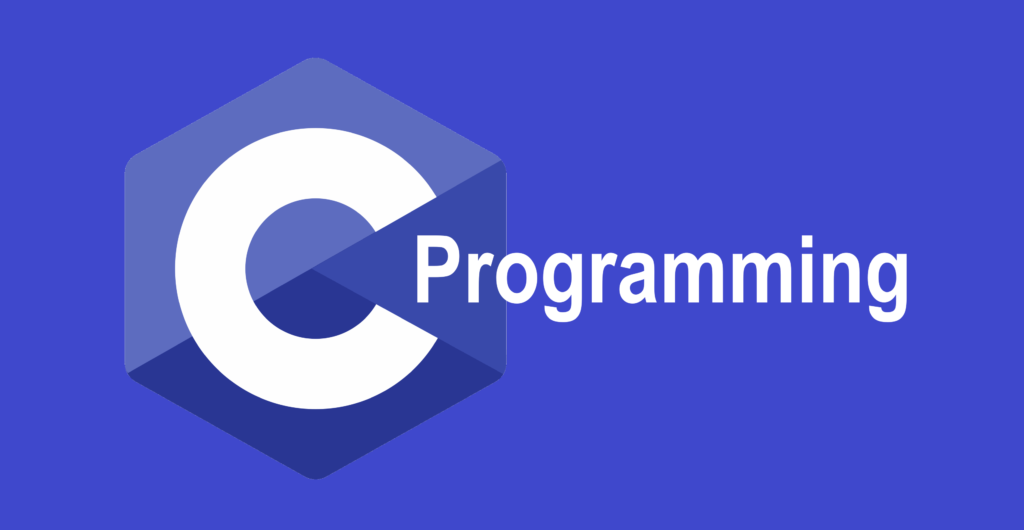C
Programming

Getting Started
In this C Tutorial, you’ll learn all C programming basic to advanced concepts like variables, arrays, pointers, strings, loops, etc. This C Programming Tutorial is designed for both beginners as well as experienced professionals, who’re looking to learn and enhance their knowledge of the C programming language.
Why learn C?
C programming language is one of the most popular programming language. It is a must learn for software engineering students. C is called the mother of all modern programming languages so learning C will help you to learn other languages easily like Java, C++, C#, Python, etc. C language is faster than other programming languages like Java and Python. It can handle low-level programming and we can compile the C code in a variety of computer platforms.
List of some key advantages of C language:
- Easy to learn.
- Versatile Language, which can be used in both applications and technologies.
- Mid-Level Programming Language.
- Structured Programming Language.
C Compiler
C compiler is a software that translates human-readable C language code into machine code or an intermediate code that can be executed by a computer’s central processing unit (CPU).
There are many C compilers available in the market, such as GNU Compiler Collection (GCC), Microsoft Visual C++ Compiler, Clang, Intel C++ Compiler, and TinyCC (TCC).
For this tutorial, we will be using the GNU-based online C compiler provided by GeeksforGeeks which is developed for beginners and is very easy to use compared to other compiler/IDE’s available on the web.
Print Hello World using C Programming
#include <stdio.h>
int main() {
printf("Hello World! I Don't Give a Bug");
return 0;
}
Hello World! I Don't Give a Bug
Features of C Language
There are some key features of C language that show the ability and power of C language:
- Simplicity and Efficiency: The simple syntax and structured approach make the C language easy to learn.
- Fast Speed: C is one of the fastest programming language because C is a static programming language, which is faster than dynamic languages like Java and Python. C is also a compiler-based which is the reason for faster code compilation and execution.
- Portable: C provides the feature that you write code once and run it anywhere on any computer. It shows the machine-independent nature of the C language.
- Memory Management: C provides lower level memory management using pointers and functions like realloc(), free(), etc.
- Pointers: C comes with pointers. Through pointers, we can directly access or interact with the memory. We can initialize a pointer as an array, variables, etc.
- Structured Language: C provides the features of structural programming that allows you to code into different parts using functions which can be stored as libraries for reusability.
Applications of C Language
C was used in programs that were used in making operating systems. C was known as a system development language because the code written in C runs as fast as the code written in assembly language.
The use of C is given below:
- Operating Systems
- Language Compilers
- Assemblers
- Text Editors
- Print Spoolers
- Network Drivers
- Modern Programs
- Databases
- Language Interpreters
- Utilities
“Give this C code a try, and here’s a fun challenge: print ‘Hello World’ along with your name!”